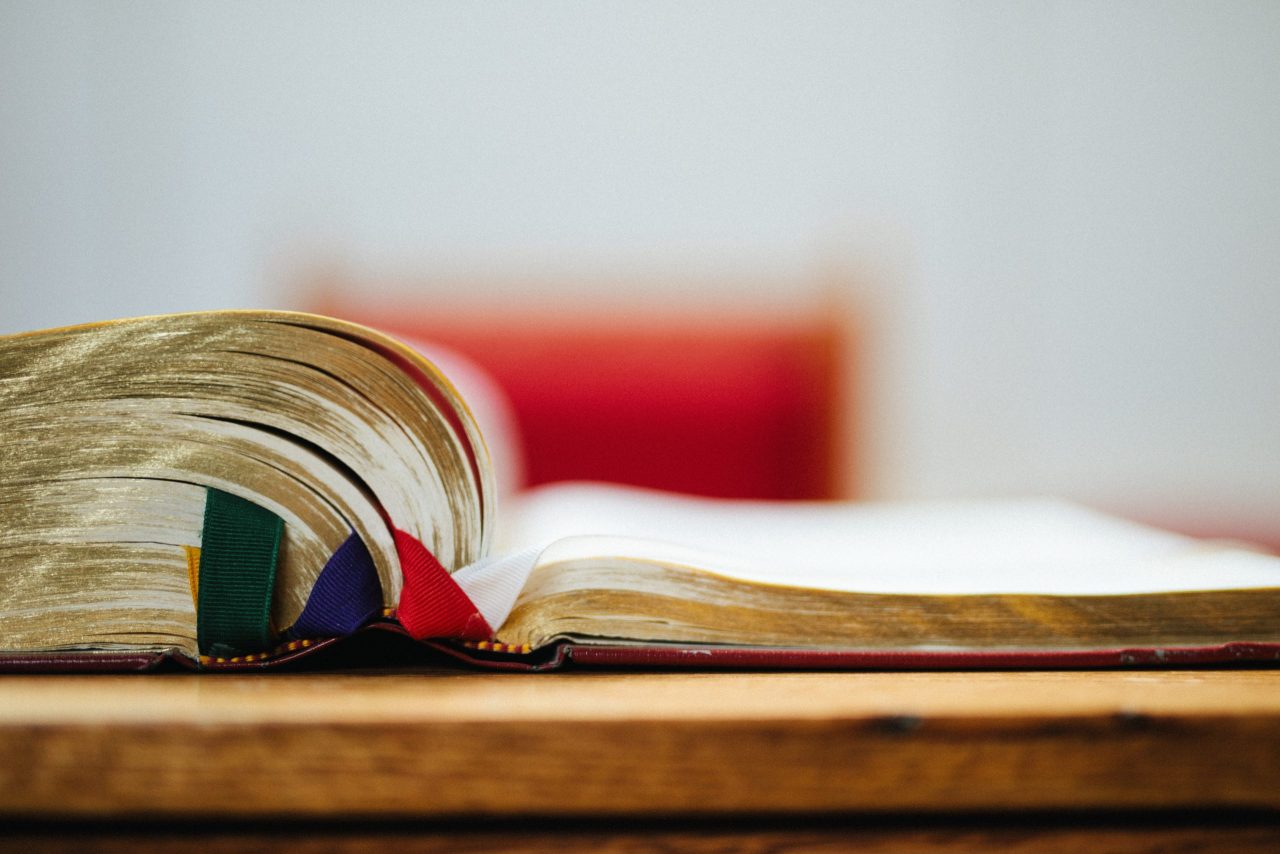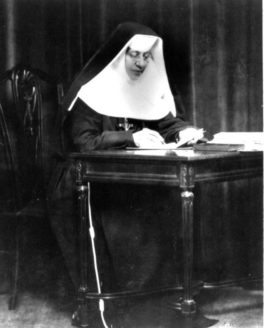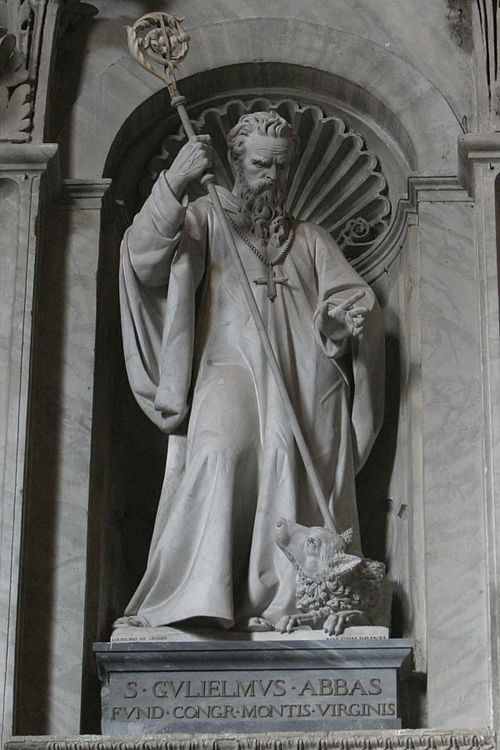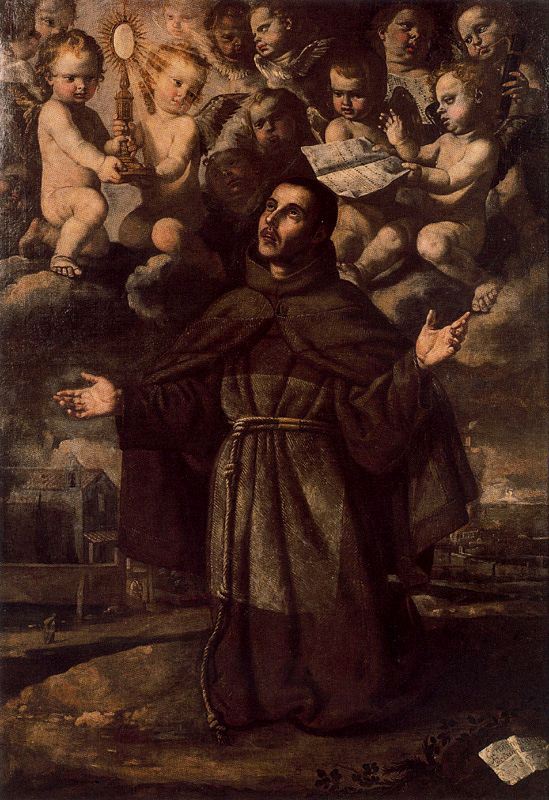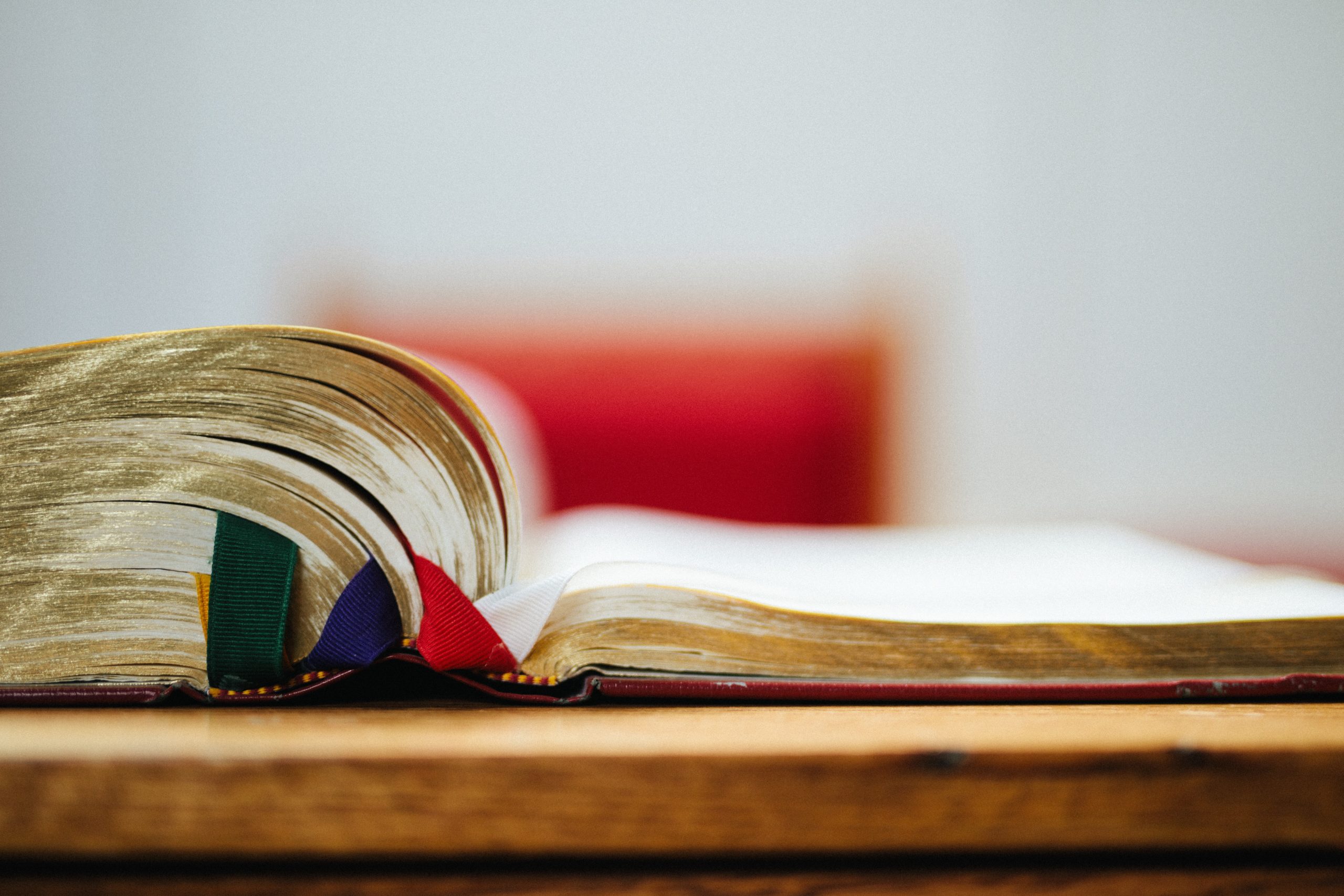
I have engaged in many conversations about prayer over my years as a catechist. I cannot count the number of youth and adults who have admitted to me that they struggle in prayer. Again and again, they have intimated that they don’t really know how to pray beyond the rote statements that were handed to them as children.
Yet, no matter whether we were baptized just outside the delivery room as infants, or whether we came to the faith as adults, we have been taught of the necessity of prayer. So, many people rattle off quick Our Fathers, Hail Marys, Glory Bes, and blessings before meals without ever getting to real prayer. Yet, if people are to become disciples and enter into the “covenant drama” of God’s disclosure of Himself to our human hearts, each and every one of us must allow ourselves to be taken to the heights of prayer in ways that we have not known before (see CCC 2558 & 2567).
I would like to propose a new way to grow in prayer. Well, it actually is not a new way. Instead, it really is the recovery of a method that has been tested and found effective through many centuries, even before the inception of Christianity. Poetry is the avenue that I propose. By reading and pondering poetry, we can relate more fully to the God who deeply desires to relate to us and reveal beauty to us. We can plumb the depths and climb the heights that God has in store for us.
This idea of making poetry into prayer has ancient roots, as far back as the choral chants of Greek theater. Yet, it was in the Hebraic tradition that poetry became prayer in a specific way. The Psalms, ancient Hebrew poems mostly attributed to King David, became the prayer book for the worship of the Jewish people. These Psalms contain the gamut of human emotions: from love to despair; from joy to sorry; from cries for protection to cries for mercy after grave sin. My own relationship with God has deepened because of these prayers; and I have recommended the Psalms on many occasions to others who desire a similar deepening relationship.
The High Middle Ages of Church history also were an age of beautiful and epic poems. St. Thomas Aquinas developed poems that would be chanted as Eucharistic hymns meant to lead people to deeper devotion. Perhaps equally significant was the composition, in the early-1300s, of Dante’s Divine Comedy. The epic poem, often known as the greatest poem in history, has many intriguing and mystifying elements that cause readers to ponder the realities of Hell, purgative suffering, and the glory of Heaven. And the Divine Comedy (any one of its three major segments) provides new awareness each time it is read. A reader can remain rapt in prayer and meditation on those concepts for hours, days, or weeks at a time; and the poem beckons readers to peruse its words again and again.
Still, as the centuries have moved along, there is more wonderful poetry that serves to lead us into deeper prayer. T.S. Eliot once remarked, “Dante and Shakespeare divide the world between them. There is no third.” In the late-1500s and early-1600s, William Shakespeare wrote a series of 154 sonnets, many of which put to words the covenant drama between God and humanity. One jewel that is often overlooked is Sonnet 62, which examines the reality of original sin within a person’s heart; and the effect that sin has on human history.
After Shakespeare, the English-speaking world continued to produce poetry that expressed great spiritual truths. In 1890, the mystic poet, Francis Thompson, wrote one of the English language’s greatest poems. “The Hound of Heaven” expresses the reality of a man fleeing and hiding from God through many years and in many ways; and the reality of God’s relentless pursuit that leads to restoration of right relationship and hope.
Early in the twentieth century, Gilbert Keith Chesterton proclaimed the beauty and coherence of the Catholic faith through the written word. Within his magnificent corpus of cultural commentary, there exist a number of epic historical poems, such as “The Ballad of the White Horse” and “Lepanto.” Aside from these epics, a few stand out as expressions of humanity’s covenant drama with God, such as “The Return of Eve,” which is an expression of God’s plan beautifully manifest in Mary of Nazareth, the mother of Jesus.
On our own side of the pond, one of America’s great theologians, Venerable Fulton Sheen, knew the value of poetry for expressing the covenant drama of the soul. He often quoted the poems of others in his writing and preaching. In addition to some of his favorite poems by others, Sheen penned poetry of his own that expressed his experience of the divine embrace. These were collected in a simple volume, published in 1967, called That Tremendous Love.
It is even possible to find poetry that edifies us and leads us straight to God’s heart in our world today. For example, Magnificat Magazine often includes poems as meditations on the Scripture readings; Integrated Catholic Life has a page called the “Catholic Poetry Room”; and the Word on Fire apostolate has begun recording Jonathan Roumie (the actor who plays Jesus in The Chosen) reading classic Catholic poetry. Readers and viewers can mine each of these sources for the written and spoken words that draw us “to adoration, to prayer, and to the love of God…” (CCC 2502).
The point of all this, however, is ultimately not to read or hear other people’s poetry. The ultimate outcome ought to be our own mystical poetry, our own expression of a covenant drama between God and each of us. Whether we publish poems like Dante, Shakespeare, Thompson, Chesterton, or Sheen is not the most important thing. The most important thing is to encounter the Divine and to have new and powerful ways of expressing our relationship with Him. That will allow each of us to live a uniquely poetic life that has the potential to impact the world.

